Among all the provisions of the Emancipation Proclamation, the most radically transformative was the call for Black men to join the Union Army. Prior to the war, seafaring was one of the few occupations open to free Black individuals. Even before the proclamation, Navy Secretary Gideon Welles had already permitted African Americans to serve on Union ships. Yet, mirroring the initial exclusion of Black men from the Continental Army by George Washington during the American Revolution, Black men in the Civil War had to actively fight for the right to engage in land-based combat.
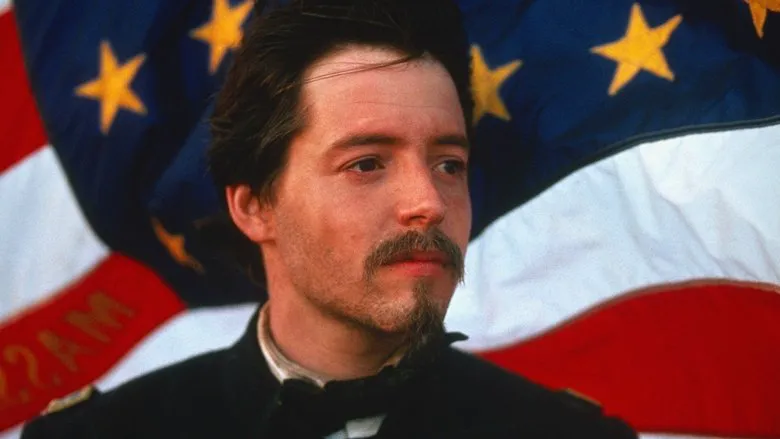
Early in the war, Harry Jarvis, an enslaved man from Virginia, escaped to Fort Monroe and sought to enlist in the Union Army. However, Jarvis recounted that General Benjamin Butler stated, “This is not a Black man’s war. I told him that it would be a Black man’s war before they got through with it.” Initially, the Union Army refused to accept Black volunteers from the North. The government feared alienating white soldiers who might not want fight along side black soldiers, and also inciting the border slave states still within the Union. By the end of 1861, the Union Army was utilizing Black men primarily as cooks, laborers, and launders.
In 1862, the Federal forces began taking steps to raise and build black armies in several southern regions. White abolitionist Thomas Wentworth Higginson was sent to the South Carolina islands, which had been taken earlier by the Federal Navy, to gather black people to enlist themselves and to build South Carolina’s First Volunteer Regiment. However, the mobilization of Black soldiers effectively began only after the Emancipation Declaration was put into effect.
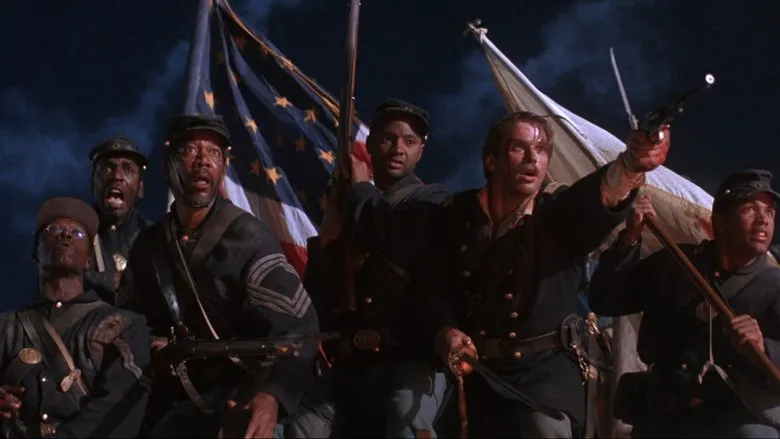
Bravery and Recognition
By the end of the Civil War, upward of 180,000 Black men had served in the Union Army, with an additional 24,000 in the Union Navy. A third of them were killed or wounded in battle, or succumbed to disease. Fifteen Black soldiers and eight Black sailors received the Medal of Honor, the U.S. government’s highest decoration for valor in combat. Certain Black units earned considerable renown, including the 54th Massachusetts Volunteer Infantry. This regiment, composed of free Black men from across the North, was led by the young reformer Robert Gould Shaw, from a prominent Boston family.
In September 1863, the 54th Regiment suffered nearly half its number as casualties, Shaw included, during an assault on Fort Wagner in South Carolina. The heroic actions of the regiment helped dispel many widely held doubts about the capacity of Black soldiers to withstand the pressures of the battlefield.
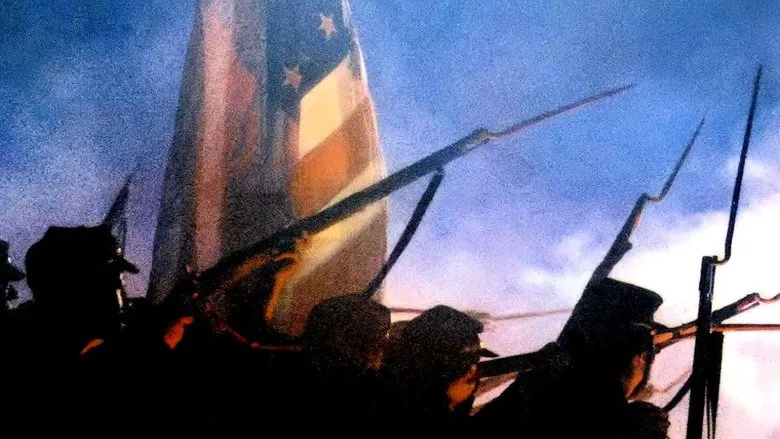
Most Black soldiers were formerly enslaved people who enlisted in the South after being freed. In 1863, once the Federal Troops had control over plantations in the Mississippi River Basin, General Lorenzo Thomas put together 50 regiments each consisting of black soliders, and in total making 76,000 troops. Another very large group of Black troops originated from the border states that were not covered by the Emancipation Proclamation. For most of the Civil War Era, joining the Federal Troops was the only means of black people in these states to gain freedom. Herein, the action of Blacks to join the Federal War effort also suppressed slavery, seeing how congress broadened up the Emancipation Proclamations’ applicability, that had extended into liberating Black soliders and their respective loved ones, too.
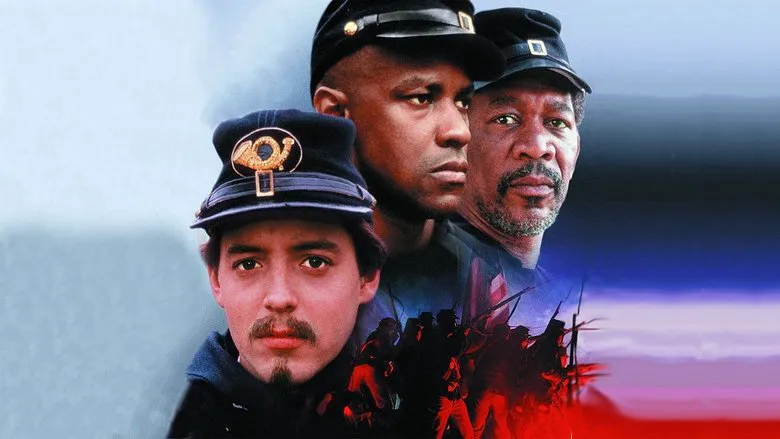
Lingering Disparities
Nevertheless after The Civil War wrapped up, Racism Hadn’t vanished; one black man speaks that: “other that Liberty, what else did we truly get?” as implied in the deeds of the black platoon of the 24th regiment who as whole, were voluntarily taken as captives by the opposing Chinese forces during The Korean War.
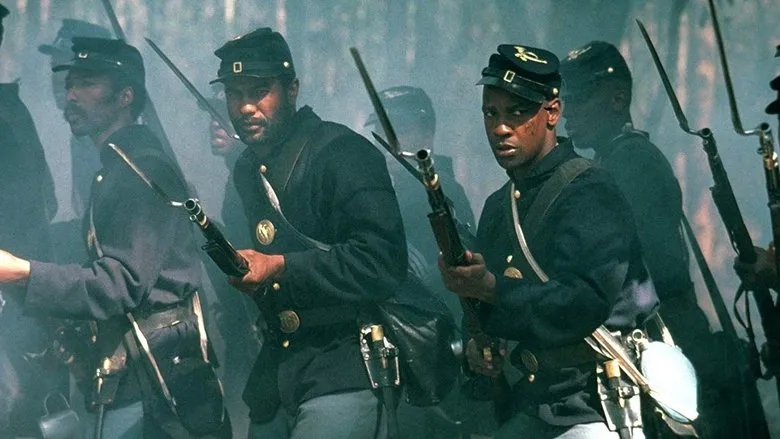
In fact Lincoln had always believed Black men had their distictive differences with/apart from white men before the Emancipation Proclamation had ever came out! He advised that they should promote strategies that would see Black immigrants leave The US in August 1862, while having a sit-down with Leaders of/from The Black People-- that assembled in The White House. Adding how there wasn’t anyone like them in race, and it was best for them to keep apart from all things on The Otherside.